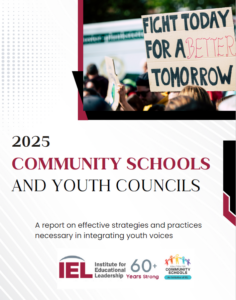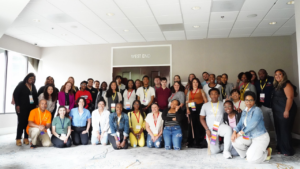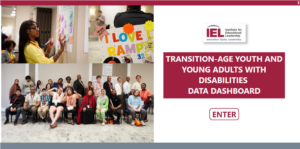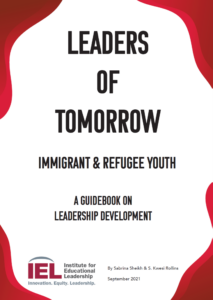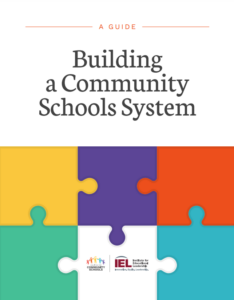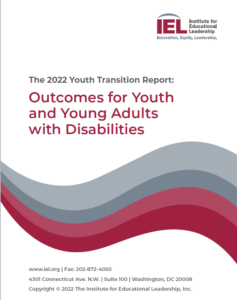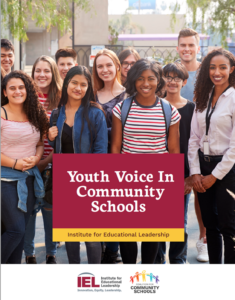Home / Resources
Resources
Hide Filters
Show Filters

June 11, 2024
A Practical Guide to Advance Community School Strategies for Youth Voice and Leadership
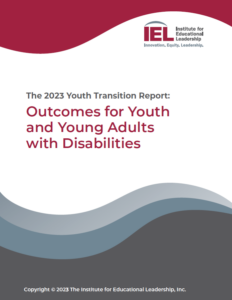
February 28, 2024
The 2023 Youth Transition Report: Outcomes for Youth and Young Adults with Disabilities
Effective schools use professional learning strategies that mirror classroom pedagogy, creating conditions for lasting change through adaptable Learning Exchange protocols.
